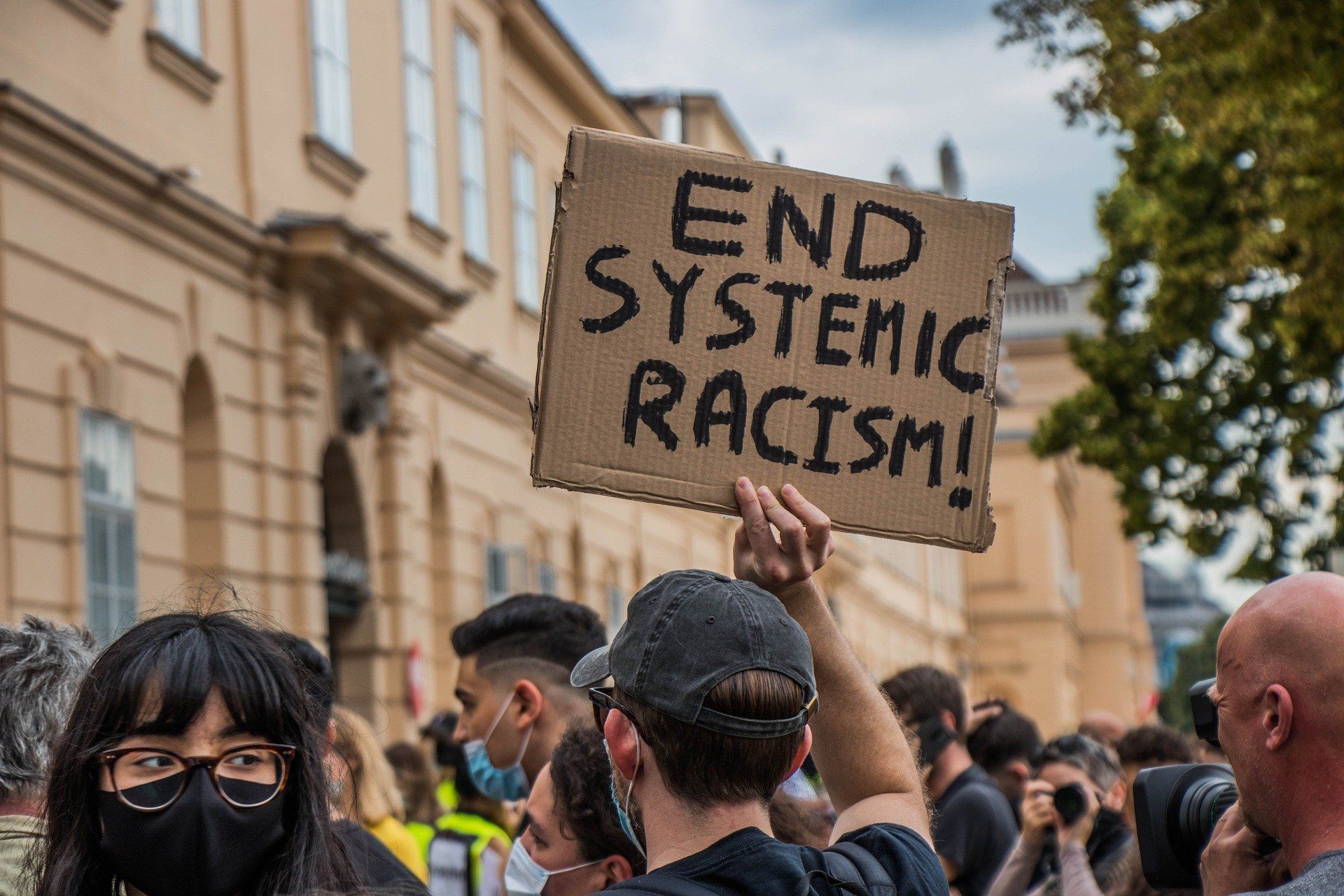The US Olympic and Paralympic Committee has assured that it won’t sanction American athletes for “respectful” demonstrations in support of racial and social justice at next year’s Tokyo Games.
The decision comes after recommendations from the USOPC’s Council on Racial and Social Justice.
Also the USOPC has called on the International Olympic Committee to end its prohibition of peaceful demonstrations and protests by Olympic athletes, AFP reported.
“We believe that Team USA athletes, in line with athletes and teams in many other sports and leagues in the United States, can be a leading force for global good, and we are proud to advocate for the advancing opportunities and pathways for respectful athlete expression within our sports community,” USOPC President Susanne Lyons said in a statement.
“Supporting this important work on behalf of Team USA athletes is a next step in our ongoing commitment to empowering the voice of athletes and living Olympic and Paralympic values.
“We look forward to collaborating further with our athletes, friends and partners around the world to fully harness the unifying power of sport,” she added.
The ban on demonstrations at the Olympics has come under scrutiny since the Black Lives Matter movement flooded sports following George Floyd’s death in US police custody in May.
IOC guidelines outlaw any kind of demonstration on the medal podium or field of play.
Also read: PSG, Basaksehir players take knee before restarting suspended game after racism walkout
Olympic officials have come down hard on athlete protesters in the past and in June US athlete and 1968 Mexico Games icon John Carlos, who was kicked out of the event along with teammate Tommie Smith for raising a fist in support of racial justice, called on the IOC to scrap the ban.
In 2019 the USOPC reprimanded US hammer thrower Gwen Berry and fencer Race Imboden after Berry raised her fist and Imboden knelt on the medals stand at the Pan-Am Games in Peru because the gestures violated the IOC’s Rule 50 against such demonstrations.
Now, however, USOPC chief executive Sarah Hirshland says the right of athletes to advocate for racial and social justice “absolutely aligns with the fundamental values of equality that define Team USA and the Olympic and Paralympic movements.”
The USOPC is calling for the IOC and International Paralympic Committee to “update guidelines to allow for peaceful actions that specifically advocate for human rights and racial and social justice, and distinguishes those acts from to-be-defined ‘divisive demonstrations’ including, but not limited to, currently prohibited acts of hate speech, racist propaganda, political statements and discrimination.”







